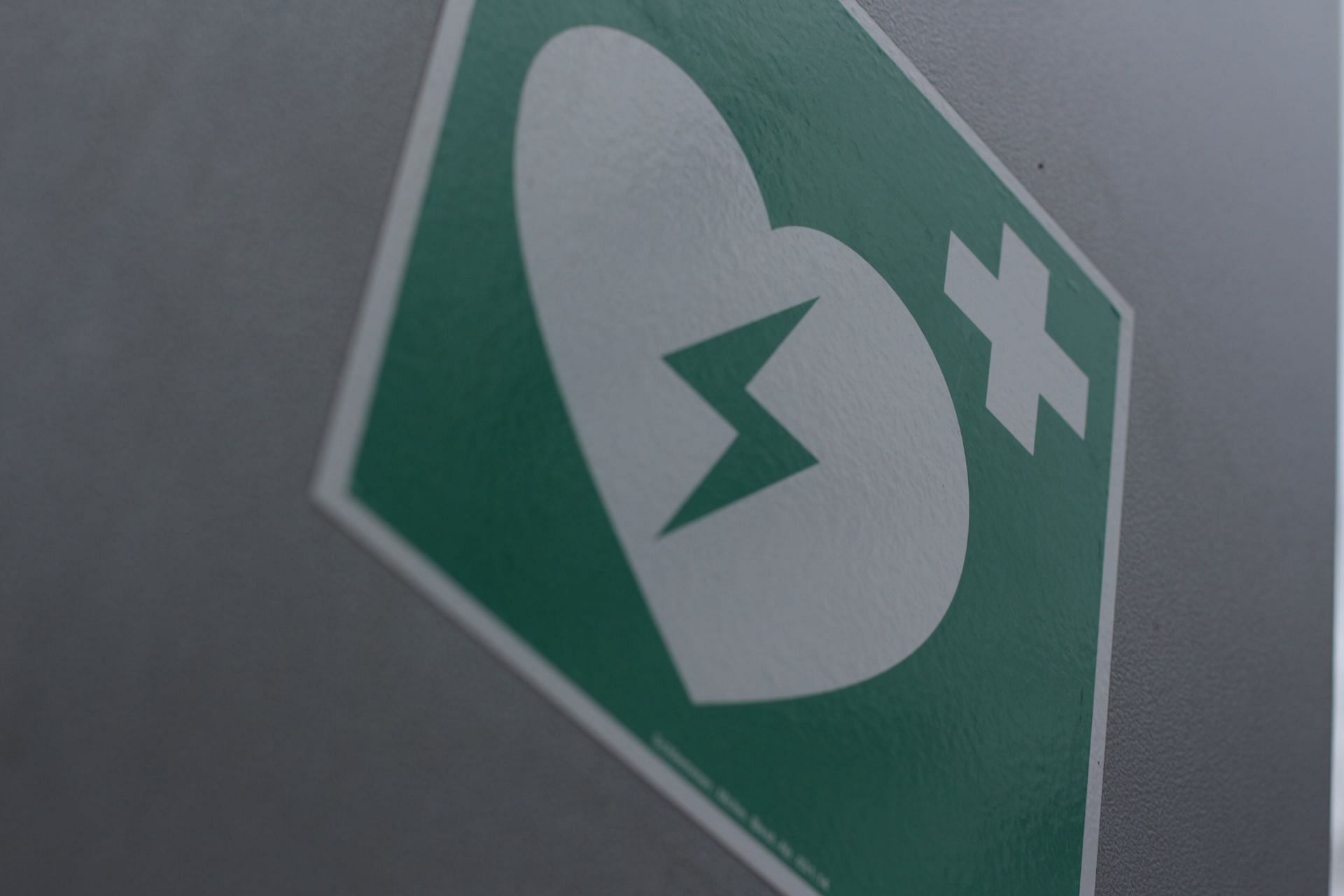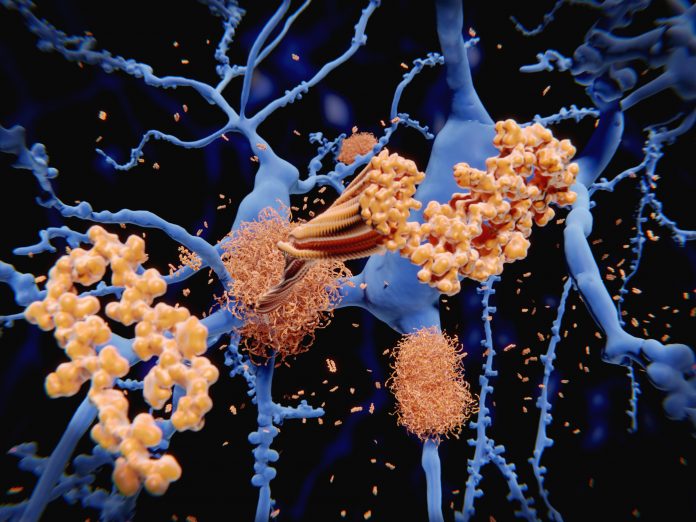Although various people have various kinds of effects of alcohol on body, it is generally swiftly absorbed through your digestive system into your blood. In less than an hour, alcohol in the blood hits its highest point.
If in good health, a bit too much drink now and then may not bring lasting harm. But if high levels of alcohol are consumed often, things change.
Health issues can arise from ongoing drinking, even without a full-blown addiction. Constant or really heavy drinking hurts health, addicted or not.
On that note, let’s take a look at eight short and long-term effects of alcohol on the body.
8 short- and long-term effects of alcohol on body
1) Weight gain
Alcohol contains a lot of calories—7 calories per gram. Each normal drink contains over 100 calories, excluding any sugar, flavorings, or other components. Drinking may also cause you to indulge in food or overeat, especially in a social atmosphere. Hence, you are prone to obesity or significant weight gain.


2) Damages your liver
Your liver’s job is to rid your body of toxins like alcohol. But if you drink too much in a short time, your liver may struggle to keep up. One issue that can occur is cirrhosis.
This is when liver cells die because of alcohol. If you drink a lot for a long time, you might get fatty liver disease. This tells you that your life isn’t going well.


3) Worsens immunity system
Too much alcohol can deplete the immune system, making the body a far simpler target for disease. People who drink regularly are more likely to get diseases such as tuberculosis and pneumonia than non-drinkers.
Consuming excessively on one occasion reduces your body’s ability to fight infections, perhaps for as long as 24 hours later.


4) Hangover
You’ve undoubtedly heard of, or possibly experienced, a ‘hangover’, which is a collection of uncomfortable signs that frequently follow heavy alcohol consumption.
In general, the more you drink, the more likely you’ll get a hangover, but there’s no way to anticipate how much you’ll be able to drink without getting a hangover. Some people can get a hangover with just one drink.
The extent of a hangover is frequently determined by how the body breaks down alcohol, as alcohol causes a multitude of reactions in the body when consumed.


5) Reduced white and grey matter
Overdoing alcohol can change how your body works, causing less white or grey stuff in your brain.
Losing grey matter in the brain can lead to big changes in personality, quick actions, mood changes, and getting violent. If you’ve been drinking for a while, you might forget things and have trouble with words.


6) Reduced quality of life
Drinking extensively over extended periods of time has numerous health and mental concerns. Some of these dangers cannot be avoided by abstaining from drinking.
When both the brain and the liver are damaged as a result of excessive alcohol consumption, a person’s quality of life might be severely harmed. Alcohol is a depressive drug that is frequently misused in the manner of binge drinking due to its accessibility, supply, and social acceptance.
The more alcohol is consumed, the greater is the risk of long-term alcohol-related complications.


7) Reduced heart health
Alcohol can harm the heart as well as how it works. Alcohol usage, even on a single occasion, can cause arrhythmia, cardiomyopathy, stroke, and elevated levels of blood pressure.
According to several studies, moderate drinking can be healthy for the heart. Exercise and nutrition are two safer approaches to enhancing heart health that do not require alcohol.


8) Effects on mental health
When it comes to the human brain, alcohol functions as a CNS depressant, but it can have uneven effects, thrilling users in some situations and sedating users in others.
Excitement, often at lower dosages, may be attributed to alcohol decreasing the inhibitory areas of the brain.


“Safe” drinking doesn’t exist. When you drink, several things can affect your body’s reaction to alcohol.
Things like your age, gender, overall health, weight, the alcohol you drink, how long you’ve been drinking, and how often you drink. All these factors play a role.
So, it’s key to pay attention to any signs or symptoms. Make sure to take steps if needed.









